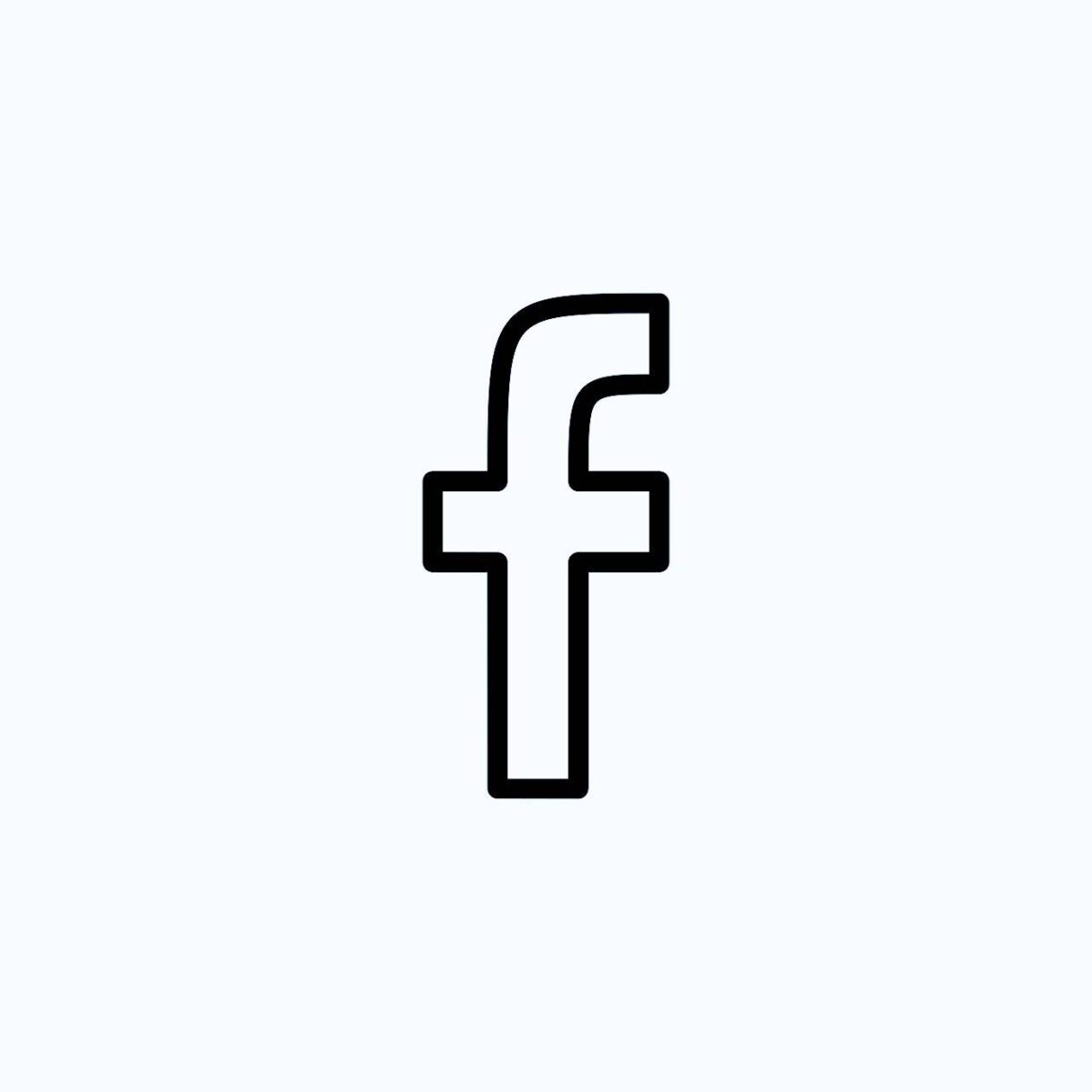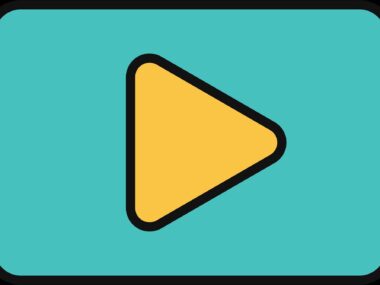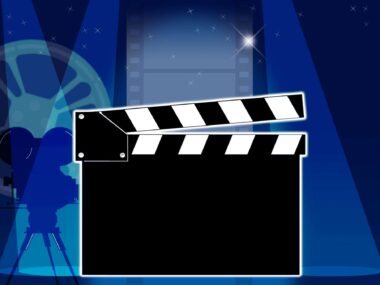Aaron Sorkin is taking another swing at Hollywood’s most powerful tech company. His new film, The Social Reckoning, is slated for October 9, 2026. The sequel to The Social Network delves into whistleblowers exposing Meta’s toxic influence on young users, and the spread of misinformation. It even dives into its role in promoting real-world violence, including January 6. Rumors are swirling that the tech giant is considering severing ties with the studio behind the project. Could a boycott like this actually work?
A Sequel with Teeth
Unlike the first film, Sorkin is stepping into the director’s chair, replacing David Fincher. Drawing from the Wall Street Journal’s Facebook Files, the movie isn’t a traditional sequel. Jesse Eisenberg won’t return. Jeremy Strong takes over as Mark Zuckerberg, joined by Mikey Madison, Jeremy Allen White, and Bill Burr.
The film is supposed to be a companion piece to The Social Network. Its mission is clear: challenge audiences to confront the ongoing consequences of social media dominance. That focus is what seems to have Meta on edge.
Meta’s Backlash
Reports state that Meta is unhappy about the project. The company has the power to pull marketing support or limit visibility on its platforms. That sounds like it could hurt the film, but there’s a catch.
Facebook is no longer the cultural juggernaut it once was. If Meta decides to sink that low, their plan could backfire. TikTok is insanely popular, especially among younger audiences like Gen Z. People can post their reactions to the film, make and share memes. There’s also YouTube. Interviews are posted there, actors can appear on shows like Hot Wings. There aren’t a whole lot of options but there are some.
Could a Boycott Backfire?
Ironically, any attempt to suppress the film could strengthen its message. If Meta blocks discussion, it risks proving Sorkin’s point. The company is aware of the harm its platforms cause but prioritizes control over accountability.
A Facebook boycott might limit visibility on one platform, though conversations will migrate to another. Negative press or perceived censorship often creates curiosity, generating free publicity in the process. In today’s fragmented social media landscape, a boycott may even widen the film’s reach rather than restrict it.
Can any company truly control its narrative in the age of decentralized media? Social platforms are influential, but no single network dominates culture the way Facebook once did. The shift toward TikTok, YouTube, and other emerging channels makes the attempt to silence stories increasingly futile.






